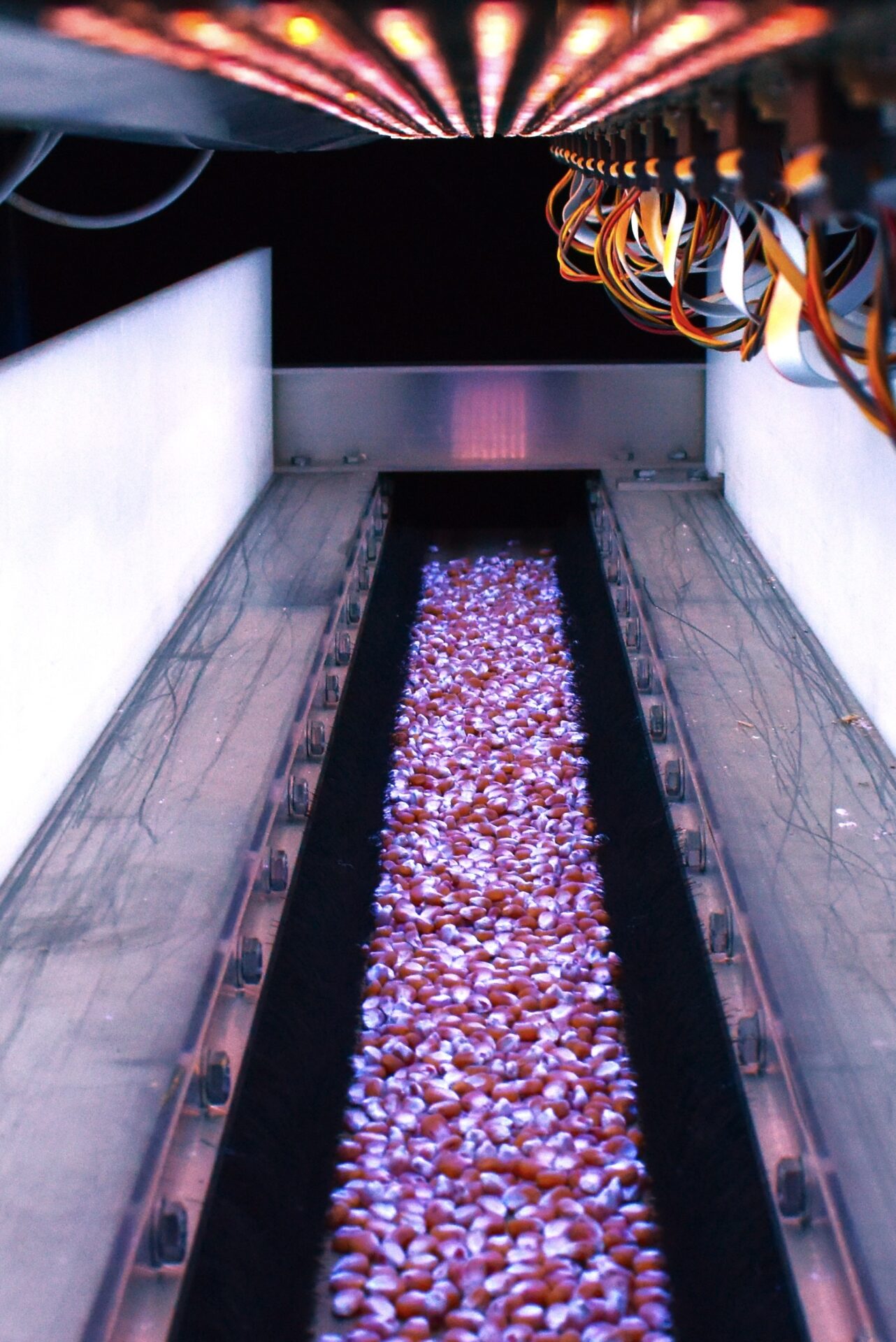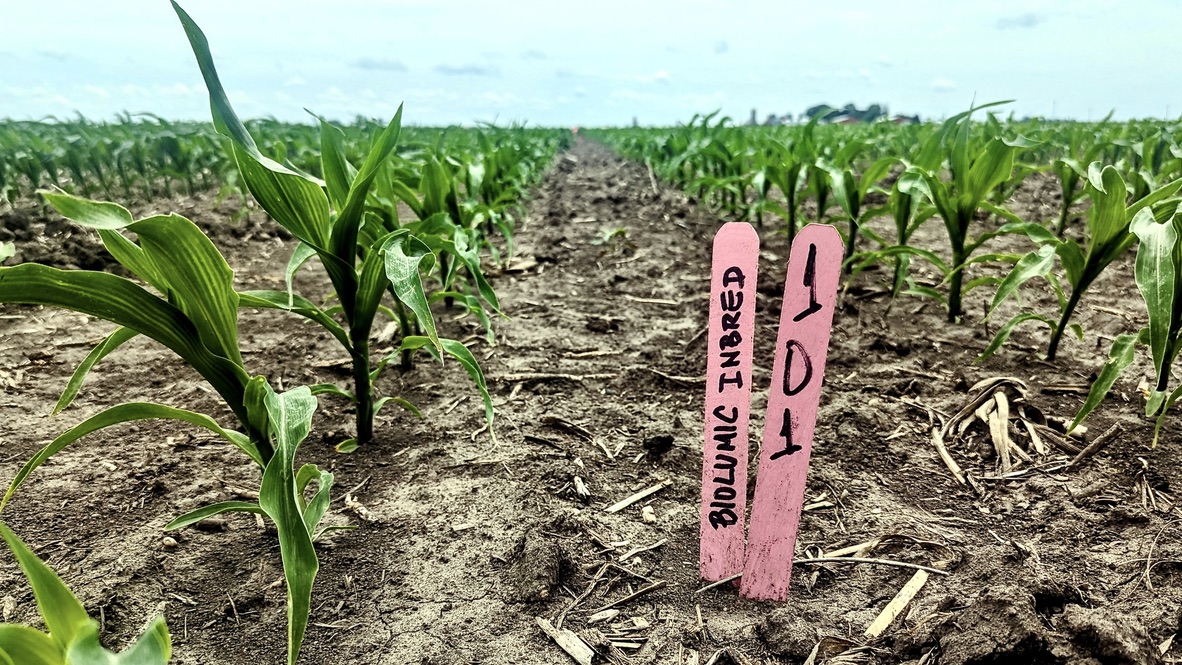Inbred seeds are critical to the production of hybrid seeds, which most farmers favor when it comes to their crops. For example, 95% of the corn in the US is planted using hybrid seeds that can produce greater yields on less acreage, according to the United States Department of Agriculture.
“Seed companies look for varieties that have traits that they desire, and they try to keep those varieties pure,” explains Steve Sibulkin, CEO of ag biotech company BioLumic.
The challenge is that these “pure” lines — that is, the parent lines of hybrid seeds — eventually start to suffer from a depression in the form of reduced germination, poor seedling emergence, susceptibility to environmental stressors and other negative factors. This in turn impacts the quality of the hybrid seeds.
“It’s sort of a scourge for the seed companies to figure out how to produce all the seed they’re going to sell for the 90 million corn acres in the US,” says Sibulkin. “They have to be able to produce the hybrid seeds, because that’s what they sell. And the quality and the quantity are very important.”
BioLumic says it recently “achieved a breakthrough” on enhancing these inbred corn lines and will bring its UV light signaling technology to partnerships with major seed companies including Beck’s Hybrids, Peterson Farms, Breeder Direct and others.
Yield gains in 2024
BioLumic’s technology exposes seedlings or seeds to a short-duration “light recipe” that can trigger genetic expression of certain crop traits. In the case of the inbred corn, the company specifically targeted target improved germination, seedling vigor, and yield.
BioLumic conducted field trials in 2023 that showed “a big yield bump,” according to Sibulkin, in addition to the other gains.
The 2023 trials demonstrated a more than 7.3% yield gain compared to the growers’ standard practice, says the company, which is targeting double-digit yield gains for 2024.
BioLumic is also examining what Sibulkin calls “the cross-generational passthrough” of inbred seeds’ beneficial traits to the hybrid seeds.
“That means the hybrid seed could be planted without ever getting treated and accrue the same benefits,” he explains.
“It’s a massive scale amplifier for us to be able to do that. And of course, our light signal recipes means the process of getting to these outcomes gets quicker as opposed to genetic engineering, which might take 7, 10, 12 years sometimes.”
He says genetic expression traits could take 90% of the time and costs out of the traditional trait process. “It’s a very important part of creating speed, value, productivity and sustainability for a farmer.”

Commercializing for 2025
In 2023, BioLumic partnered with US-based seed producer Gro Alliance to bring the former’s technology to the wider global seed industry.
“One of the really valuable aspects of that partnership is [Gro’s] extension into the network of seed companies,” notes Sibulkin, who adds that the Gro Alliance deal has helped BioLumic to get more exposure.
Currently the company is working with Beck’s Hybrids, one of the largest seed brands in the US, as well as Breeder Direct, which is owned by Gro Alliance and which last year gained full breeding access to Farmers Business Network’s pool of corn germplasm.
Sibulkin says BioLumic is also having its own direct conversations with “large seed companies.”
The company is commercializing its technology for both inbred and hybrid corn cultivars in partnership with Gro Alliance for the first quarter of 2025, so that seeds will be available to farmers for that year’s planting season.
Outside of corn, BioLumic also works with soybeans, rice and forage crops.
“We can increase the productivity of those crops, but also, typically, there’s a significant greenhouse gas mitigation impact,” says Sibulkin. “[For example,] we’re reducing methane emissions [by] helping farmers shift from flooded-paddy to dry-seeded rice. And with forage grass, we’re reducing enteric fermentationin cows.”
BioLumic will also advance trait development of soybean parent lines, with plans to initiate trials this year.





